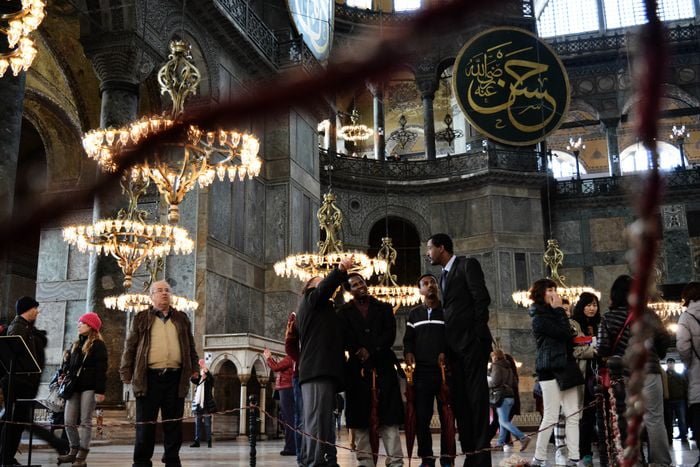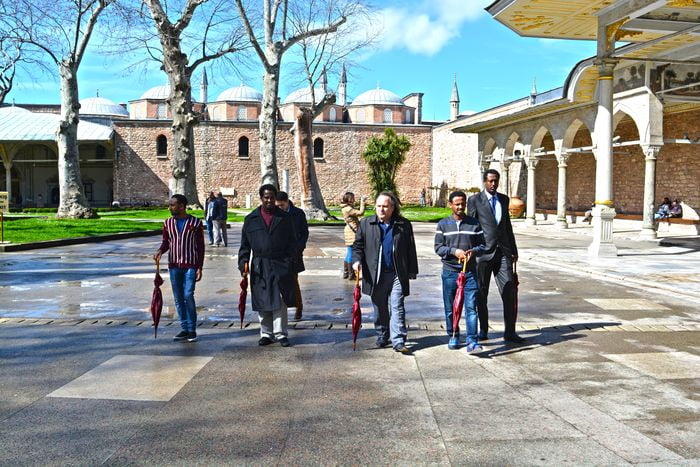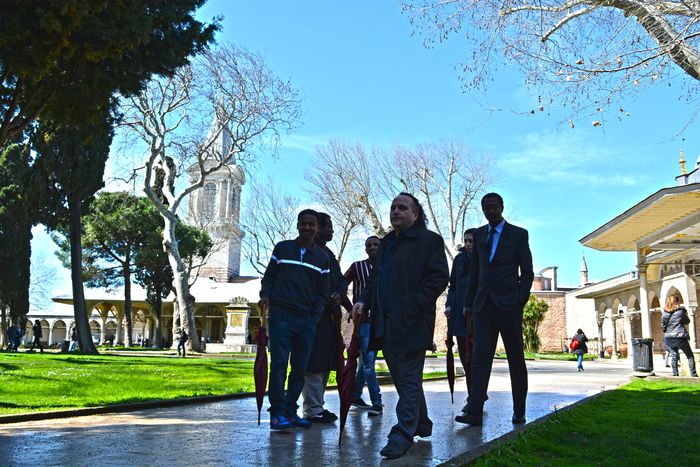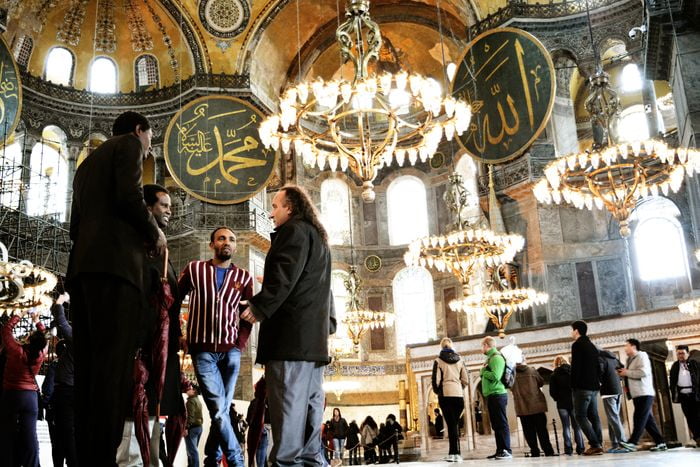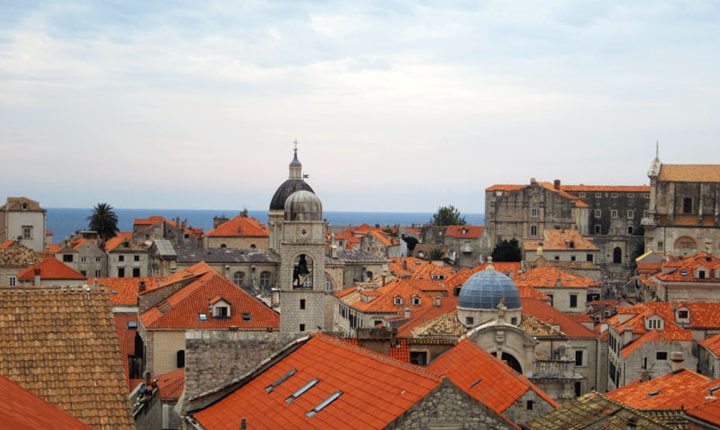The fourth kind of worship is that of images seen by the prophets. They saw God in sensible vision, and images of future things, as Aaron’s rod, the figure of Our Lady’s virginity, the urn, and the table. And Jacob worshipped on the point (epi to akron) of his rod. (Gen. 47.31) He was a type of our Lord. Images of past events recall their remembrance.
The tabernacle was an image of the whole world. “See,” God said to Moses, “the type which was shown to thee on the mountain, and the golden cherubim, the work of sculpturers, and the cherubim within the veil of woven work.” (Ex. 25.40) Thus we adore the sacred figure of the Cross, the likeness of our God’s bodily features, the likeness of her who bore Him, and all belonging to Him.
The fifth manner is in the worship of each other as having upon us the mark of God and being made after His image, humbling ourselves mutually, (Eph. 5.21) and so fulfilling the law of charity.
The sixth manner is the worship of those in power who have authority. “Give to all men their dues,” the apostle says; “give honour where it is due.” (Rom. 13.7) This Jacob did in worshipping Esau as his elder brother, and Pharao the ruler established by God.
Petitioners towards
In the seventh place, the worship of servants towards their masters and benefactors, and of petitioners towards those who grant their favours, as in the case of Abraham when he bought the double cave from the sons of Emmor. (Gen. 23.7, 12)
It is needless to say that fear, desire, and honour are tokens of worship, as also submission and humiliation. No one should be worshipped as God except the one true God. Whatever is due to all the rest is for God’s sake.
You see what great strength and divine zeal are given to those who venerate the images of the saints with faith and a pure conscience. Therefore, brethren, let us take our stand on the rock of the faith, and on the tradition of the Church, neither removing the boundaries laid down by our holy fathers of old, (Prov. 22.28) nor listening to those who would introduce innovation and destroy the economy of the holy Catholic and Apostolic Church of God.
Read More about Apologia of St John Damascene Against those who Decry Holy Images Part 27
